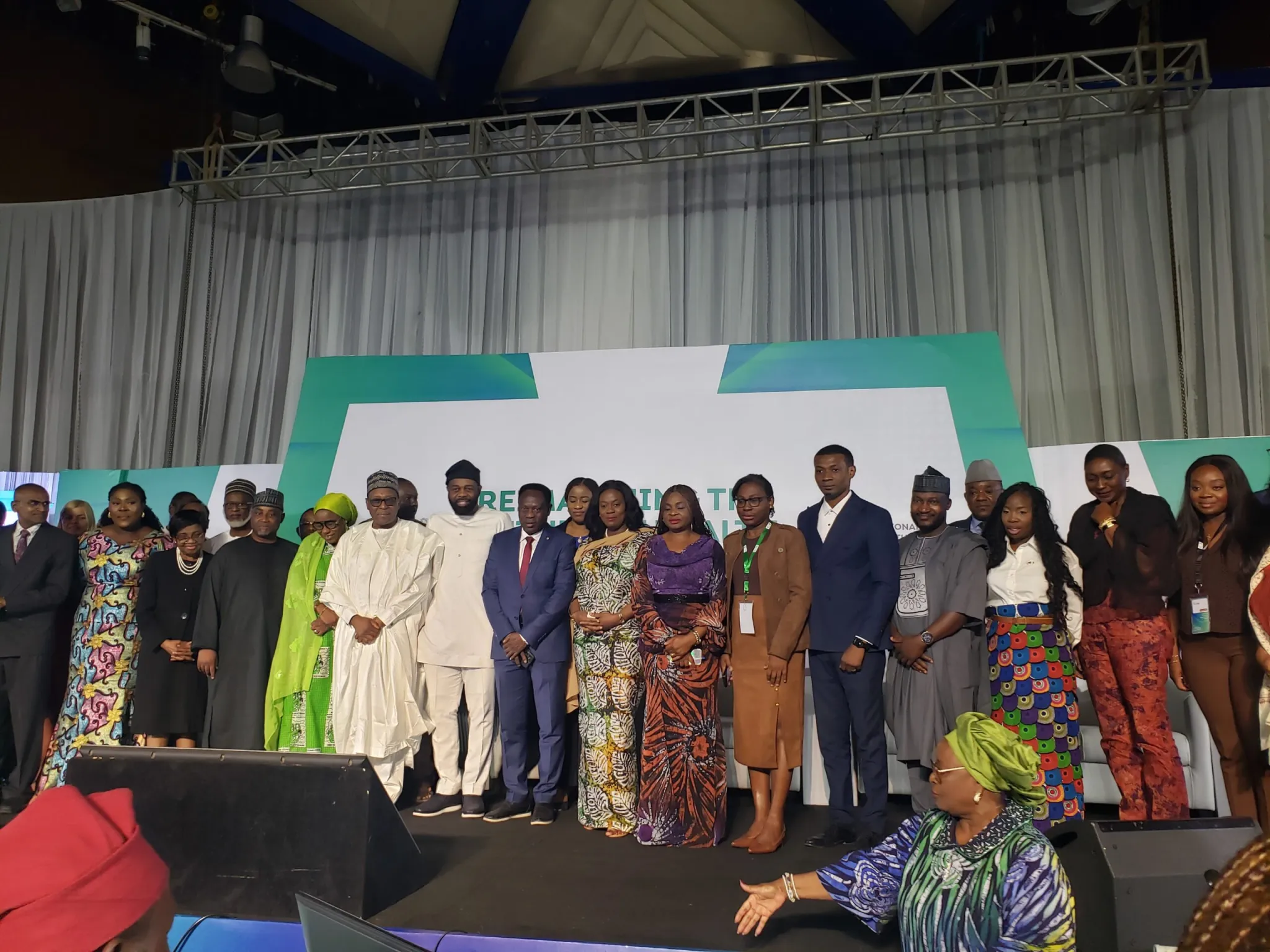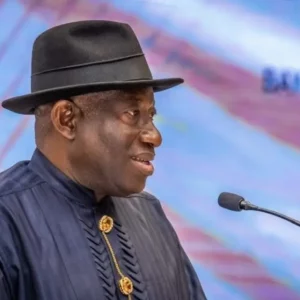The dialogue, which runs until 4 September, is expected to generate concrete actions to expand financial protection, improve transparency in budgeting, reduce fragmentation, and involve all sectors – government, private, and civil society, in financing healthcare for Nigerians.
The federal government has announced plans to enrol at least 44 million Nigerians into the National Health Insurance Scheme by 2030 as part of new measures to expand financial protection and reduce out-of-pocket spending on healthcare.
The Minister of State for Health and Social Welfare, Iziaq Salako, made this known on Monday at the opening of a four-day National Health Financing Policy Dialogue in Abuja.
The dialogue brings together health officials, development partners, civil society groups and the private sector to craft new strategies for sustainable health financing in Nigeria.
The event, themed “Reimagining the Future of Health Financing in Nigeria,” is expected to produce commitments to reduce out-of-pocket spending, improve accountability, and strengthen domestic funding for the health sector.
Speaking at the event, Mr Salako said President Bola Tinubu has directed policies to strengthen domestic financing and protect vulnerable Nigerians.
Mr Salako noted that the President has continued to emphasise that a strong health system is vital for national growth and has therefore directed the implementation of several interconnected policies to achieve universal health coverage
“The government has consistently funded the Basic Health Care Provision Fund (BHCPF) and introduced emergency allocations to cushion the suspension of foreign aid.
He added that the ministry is considering legislation to double BHCPF funding from one to two per cent of consolidated revenue, alongside efforts to enrol 44 million Nigerians into the National Health Insurance scheme by 2030.
“A key delivery of the Federal Ministry of Health and Social Welfare under the Presidential Performance Bond is to enrol at least 44 million Nigerians into the National Health Insurance by 2030, so that we can reduce out-of-pocket expenditure on health, which currently remains at about 70 per cent,” he said.
Underinvestment in health
Speaking at the event, the Coordinating Minister of Health and Social Welfare, Muhammad Pate, said Nigeria must face the reality that good health is not cheap and can no longer be built on the back of somebody else’s taxpayer.
Mr Pate warned that decades of underinvestment had left the health sector like a bicycle compared to better-funded systems elsewhere.
“In reality, we were deluded to think that we can build a healthy nation on the back of somebody else’s taxpayer,” he said.
“We spend probably $120 totally in terms of health spending. Two-thirds of it is out of pocket. Barely $30 per person, if you add federal, state, local government, is what the public contributes. And our development partners contribute less than 10 per cent of the total health spend.”
He added that the illusion that people can get a quality healthcare system without paying for it is false.
He said the country must invest efficiently, transparently, and with all of society engaged, to save lives, reduce physical and financial pain.
The minister outlined four pillars of the government’s reform agenda: strengthening governance and accountability, expanding population health outcomes through services and insurance, unlocking the health value chain to make commodities affordable, and enhancing resilience through health security, with digital transformation as a cross-cutting theme.
Overview of the event
Highlighting the overview of the dialogue, the Director-General of the National Health Insurance Authority (NHIA), Kelechi Ohiri, said the global financing landscape is shifting away from aid, making domestic resource mobilisation more urgent.
Mr Ohiri said the country is definitely at the point of transition in development financing and going forward, there has to be a lot more reliance on domestic resources.
He highlighted the dual burden of infectious and non-communicable diseases, rising demographic pressures, and the need for better coordination across federal, state, and local governments.
“This dialogue is about people. People must be at the centre of the health system. People must be at the centre of what we’re financing,” Mr Ohiri said.
He explained that the four-day event will begin with civil society and community voices, then move to evidence-driven policy discussions, private sector financing, subnational government roles, and conclude with high-level commitments involving finance and planning ministries.
The dialogue, which runs until 4 September, is expected to generate concrete actions to expand financial protection, improve transparency in budgeting, reduce fragmentation, and involve all sectors – government, private, and civil society, in financing healthcare for Nigerians.
Stay ahead with the latest updates!
Join The Podium Media on WhatsApp for real-time news alerts, breaking stories, and exclusive content delivered straight to your phone. Don’t miss a headline — subscribe now!
Chat with Us on WhatsApp






